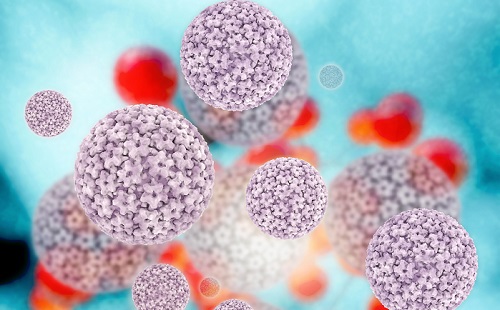
Cancer is one of the leading factors contributing to deaths worldwide, causing one in six deaths and affecting nearly every family. Estimates indicate that in 2022, the world recorded 20 million new cancer cases and 9.7 million resulting deaths. The cancer burden is expected to increase by approximately 77% by 2050, placing additional pressure on health systems, individuals, and communities.
In the Eastern Mediterranean region of the World Health Organization, more than 788,000 cancer cases were diagnosed in 2022. This number is expected to double to 1.57 million cases by 2045 due to population growth and, particularly, the rising prevalence of cancer risk factors in the region—such as smoking, obesity, physical inactivity, unhealthy diets, and air pollution. Cancer can also result from certain infections, such as hepatitis B and C or human papillomavirus (which affects the cervix). These infections remain widespread in the Eastern Mediterranean region, despite the possibility of prevention through vaccination against hepatitis B and human papillomavirus.
Globally, the most common cancers are breast, lung, colorectal, and prostate cancers. In 2020, breast cancer was the most prevalent worldwide, while lung cancer accounted for the highest number of deaths.
Cancer threatens individual health and well-being and poses a major challenge for families and communities. The economic cost of cancer burdens health systems and even the economy as a whole due to decreased productivity in the labor market from the premature deaths of working-age individuals. This issue significantly hinders sustainable development efforts.
However, we can make changes to reduce cancer risk, as most cancer risk factors are modifiable. It has already been shown that nearly 50% of cancer types are preventable. To this end, it is advisable to avoid smoking or using tobacco products, limit the consumption of processed, high-calorie foods, consume more fruits and vegetables, exercise regularly, and follow recommended vaccinations. These are some of the most effective behaviors for preventing cancer. Often, cancer can be completely cured if detected and treated early. Although most types of cancer do not present symptoms in their early stages, some screening tests are sensitive enough to detect cancer even when asymptomatic. This can reduce the treatment of symptoms in advanced stages of the disease and support successful treatment.
Mammography (for breast cancer), colonoscopy (for colorectal cancer), and Pap smears (for cervical cancer) are among the most common and effective screening tests. You can ask your family doctor to learn more about the screening options that are right for you. On World Cancer Day in 2024, let us remember that we can make simple lifestyle changes, continue to get regular screenings, and support each other in the fight against cancer to build a healthier future for all.

.jpg) Equipe de rédaction
Equipe de rédaction